Mystapaki gives a lesson on using your privilege the right way
Internet personality and blogger Bilal Hassan, known more popularly as @mystapaki on Instagram, delivered a compelling message at the 15th Karachi Literature Festival, held at the Beach Luxury Hotel on Saturday, emphasising the role of people in privileged positions, like himself, in raising awareness about injustices.
Speaking at a panel titled “Vlogvolution: Content Beyond Likes” alongside other creators Osamah Nasir, Amtul Baweja, and Kazi Akber, he said “if there’s any Pakistani issue”, he will “talk about it”.
“I don’t care whether you like it or you don’t like it. Ap galiyan bhejen ge mujhe ya nahi bhejen ge. [If you curse me or not]. I have privilege, I have to talk about it,” he stressed.
Hassan recounted the moment when his “whole thought process just changed as a content creator”. During the summer when the Black Lives Matter movement was at its peak, he was in Balochistan and was “passionately” speaking about the cause with a female Baloch colleague.
He said he was “this Pakistani man talking about BLM” when his colleague looked at him and said, “Bilal you’re full of shit”. “She said it to my face. I was like ‘Excuse me?’ She said, ‘You’re the Pakistani straight white male’.”
For the unversed, the straight white male is the epitome of privilege in North America. He couldn’t understand what she meant and to explain it to him she asked a few questions.“She asked ‘Do you identify as male?’ I said ‘Yes, I do’. She asked me ‘Your religion — Shia or Sunni?’ I said ‘Sunni’. She said ‘bohot privilege hai tumhare paas [You have a lot of privilege]’.”
His colleague asked him about his ethnicity and where he grew up.
“She asked ‘Are you Punjabi?’ and I said ‘No’. I said I grew up in Karachi, She asked ‘Do you speak English?’ I replied, ‘Fluently’. ‘Did you grow up with privilege?’ I said ‘Yes’,” Hassan stated.
“You’re male, you’re Sunni, you speak English. I am a Baloch Shia woman,” he recalled her saying and pointing out that nobody would care if she were dead in a dump as opposed to someone of his profile making headlines.
“You should speak about Pakistan, why do you care about Black Lives Matter? You should talk about Pakistan.”
This interaction made Hassan understand the power and responsibility he has as someone who is in a privileged spot in society. Akber seconded this sentiment and said, “I think if you have this much privilege, it is incumbent upon you to do something.
“You don’t have to do it the way he does it, it takes a lot of courage to do it the way he does it. It is not incumbent upon anyone to be as courageous as the next person. There’s no ‘should’ here. But you should do something, you should do your part.”
RJ and actor Anoushey Ashraf, who was moderating the panel, asked whether they not care if in the process it hurts someone.
“If there’s an injustice happening somewhere, I will talk about it. Like right now, women in Balochistan are protesting against forced disappearances, yes, I said it. And you should talk about it,” Hassan responded.
“If it hurts you, then you’re part of the problem.”
Hassan has a history of highlighting the plight of underrepresented groups and various social issues on his social media account. Whether it’s undocumented Pakistani migrants risking their lives for a better future in Europe or the struggles of flood survivors in Sindh, he consistently brings attention to these matters.
He rightly points out that individuals in positions of power enjoy the privilege of visibility, enabling their voices to reach a broader audience compared to those who must carefully consider the risks before speaking out, as it could endanger them and their loved ones.
While using our own voices to speak for them, it’s also crucial to recognise the importance of not overshadowing these marginalised voices. The goal should be to empower them to articulate their own realities. Unfortunately, in our society, privileged voices tend to dominate, not only on social media but also in the real world.
Therefore, it becomes even more paramount for these voices to keep speaking out against oppression and injustices and create more space for others.






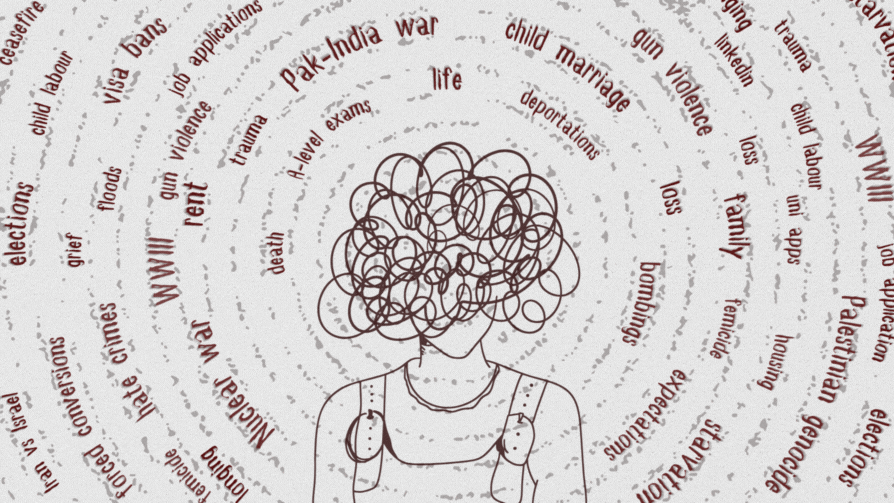

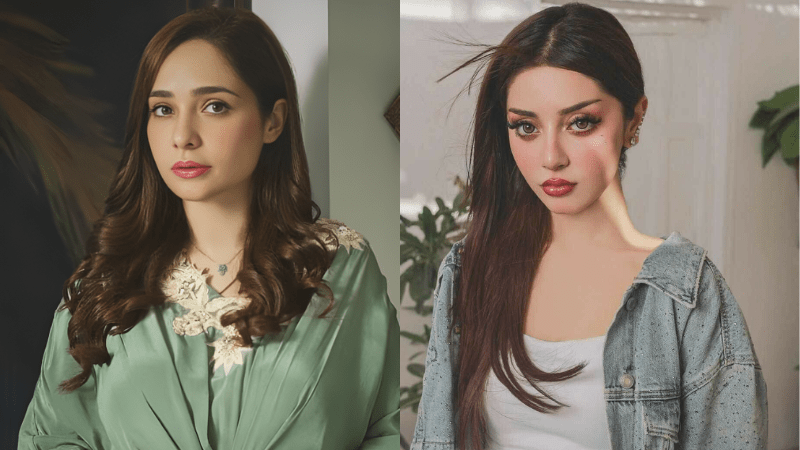

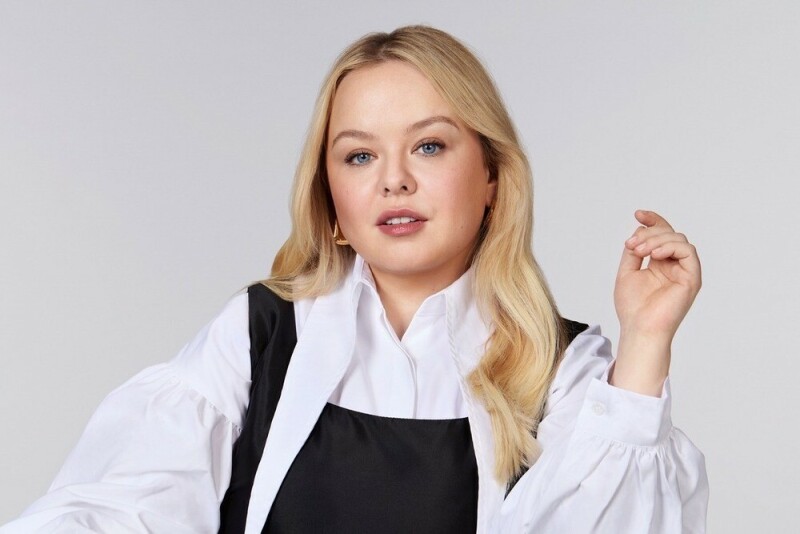
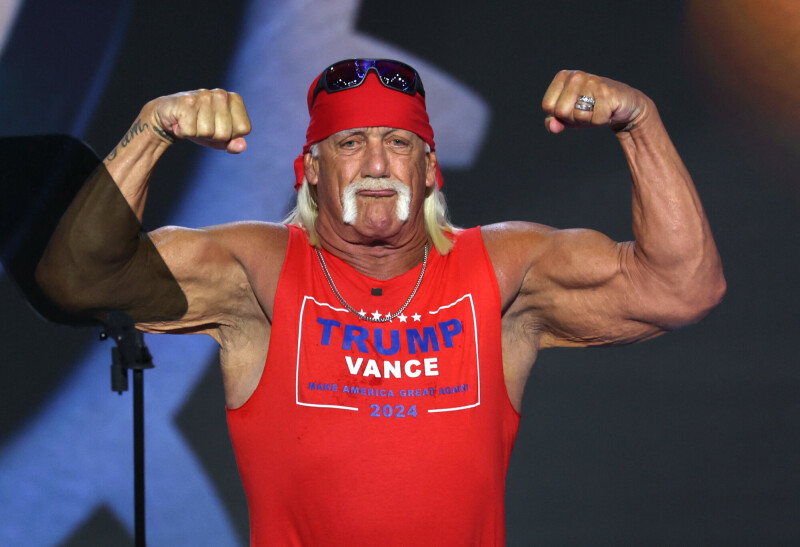
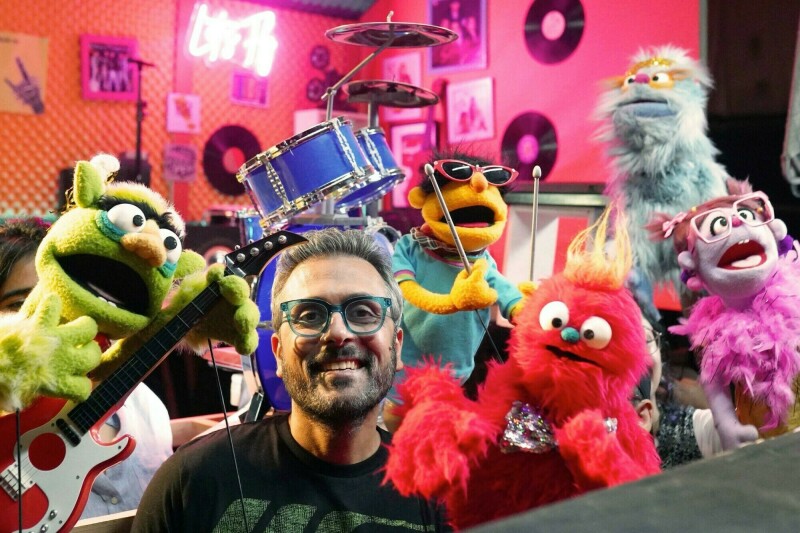

Comments